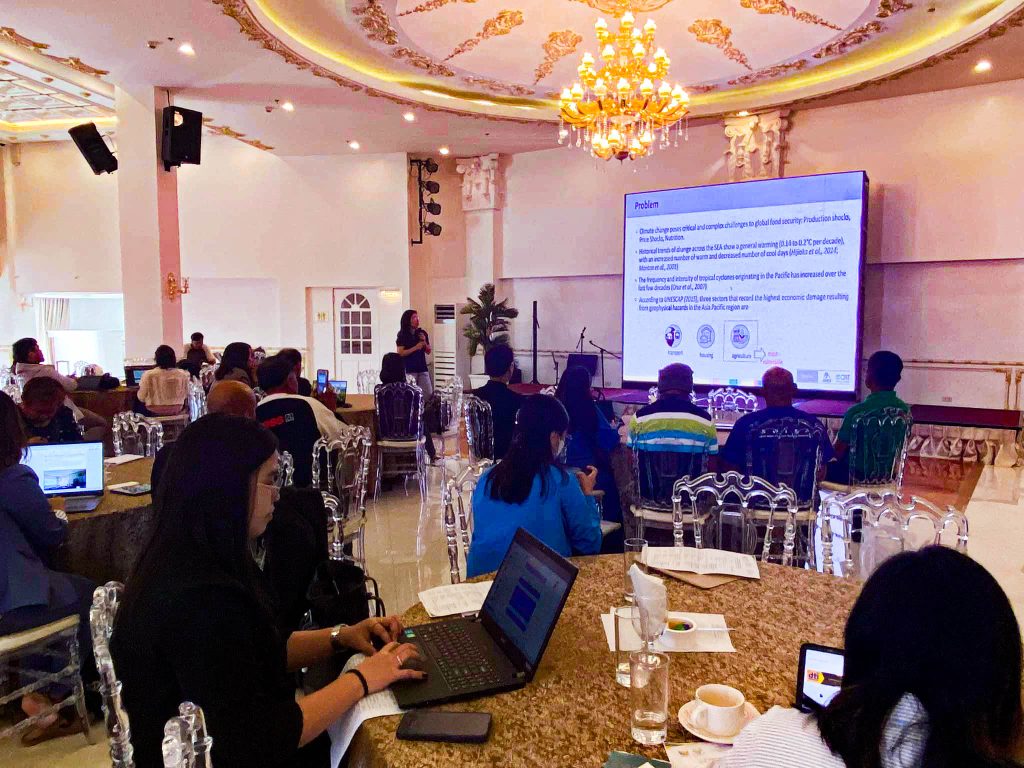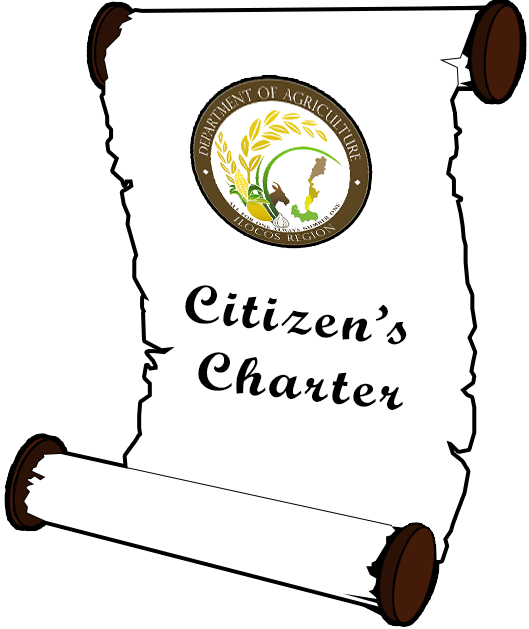
Providing insights and relevant planning tools for the Provincial Led Agriculture and Fishery Extension System (PAFES) the Department of Agriculture-Regional Field Office I (DA-RFO I) through the Planning, Monitoring and Evaluation Division (PMED) conducted the Orientation and Capability Building cum Planning Workshop for PAFES in two batches held in Baguio City last June 14-15 for the Ilocos Norte and Ilocos Sur participants and on June 18-19,2024 for La Union and Pangasinan participants.
Other than the LGUs and selected FCAs, the activity also engaged partner agencies involved in the implementation of PAFES in the region.
Considered as a capacity development activity, the orientation aimed at strengthening the PAFES LGU members in preparing their project proposals necessary to carry out the goals and objectives of PAFES in their respective areas. The capability training cum planning workshop also provided an avenue to introduce the Philippine Rural Development Project’s scientific and effective planning and monitoring tools that are necessary to determine whether a project is feasible in an area more so whether the project is worth investing on or not.
In collaboration with the Regional Program Coordinating Office in Ilocos through its I-Plan Component, among the beneficial and scientific tools that were introduced to the participants are the VSA or the vulnerability suitability area or VSA and is now upgraded to eVSA or the expanded vulnerability suitability area, geotagging, and geomapping.
Mr. Carlo Jigg Portugal, representative of the Philippine Crop Insurance Corporation in his remarks during the capability training finds the essence of the geotagging activity that Mr. Mark Palaganas has shared as it provides vital information and real time monitoring to those farmers’ insured farm affected by typhoons and other calamities.
“By using this technology, we may be able to determine how much interventions we would be able to provide to our clients as we can now able to look at those crops being affected especially at what crop stage are those that were affected”, Mr. Portugal said.
To be able to provide the participants technical know how in using these effective tools, the participants went through a hands on experience and were able to watch samples of documented activities and projects of the PRDP.
A planning workshop followed through to determine vital programs projects and activities under PAFES with the help of the various member agency representatives.
The participants expressed appreciation on the PRDP tools shared through the activity as it will help them effectively strategize in crafting project proposals as well as in providing suitable interventions for LGU-implemented agricultural projects. By considering the climatic vulnerabilities as well as economic background and capabilities of a particular locality, the tools could help identify appropriate projects implemented though PAFES to maximize investment values.#
